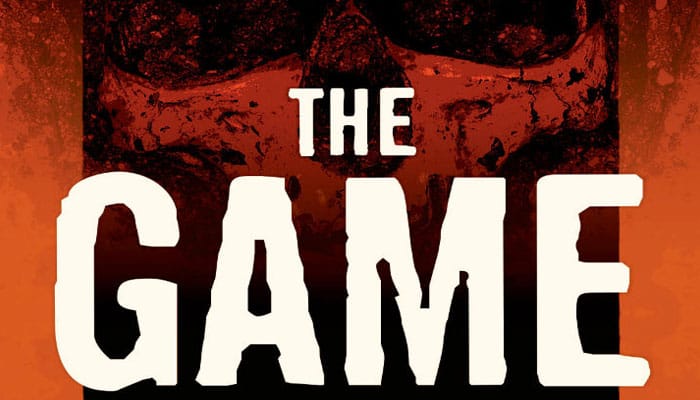
Still, I'd rather play Love Letter, even if some people won't see these games as similar at all. So I thought this was fairly enjoyable, I just wish it was more strategic. The player who tends to win seems to be the player who lucks into picking the right location cards for what they need. I felt this game was less strategic then I'd hoped. But just like in Love Letter, the luck of the draw (with what rooms you flip in this case) is very impactful. You're trying to figure out who has what character and try to combine the abilities of the rooms to make a nifty move that makes you victorious. It kind of game me a Love Letter feeling. If you are challenged, you and the challenging player risk loosing a turn, depending on you having lied or not. They can challenge you, so there is a risk in lying, but if they don't challenge you, you can use the ability of the room you said it was, which might bring you closer to victory. You tell the other players which location it is. On your turn you get to choose a location card. They consist of having certain location cards face up or obtaining certain object tokens. When I saw this box, I thought it'd be one of those cooperative escape room type of games, but I was pleasantly surprised that it is a competitive deduction game.Įach player has a secret role with win conditions. There's more elements, but I think you get the idea: plenty of interesting, intertwined mechanisms that create a nice, strategic, medium weight Euro.
Qwixx rules lock timing full#
And even tougher: only the person to advance the furthest will score the full value of the tiles, all other players score at half value! Harvesting bigger fields gives you more valuable tiles, but you also need to advance on a track to activate the scoring of those tiles.

One of the big sources of points is a track at the top of the board that gets populated with scoring tiles as the game goes on. There is some point salad going on with the way you can score, and that's a good thing as far as I'm concerned. This is a straight forward but very effective mechanism for creating interesting choices. You're basically choosing what actions you want to go first or what bonus you want to get. In stead, the actions are executed in a fixed order, solving some of the issues Puerto Rico poopoo heads create. The action selection is a mix of well known elements: users pic roles like in Puerto Rico with a bonus for the choosing player, but they are not executed on selection. In fact, worker management is an important aspect to take into account when planning. Workers will be placed on those fields which means that creating bigger fields locks them up for longer, leaving you less workers to perform other tasks. Bigger groups are better, but there are reasons to sometimes have smaller fields, and there are incentives to diversify. Over a number of rounds players will grab landscape tiles that they will puzzle on their personal board to create fields to harvest.

And unlike most of his solo games, this is not an Azul variant. This game comes to us from veteran designer Michael Kiesling, frequent co-designer with Wolfgang Kramer.


 0 kommentar(er)
0 kommentar(er)
